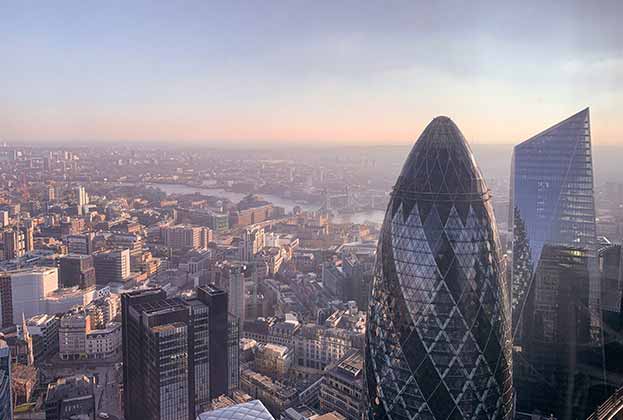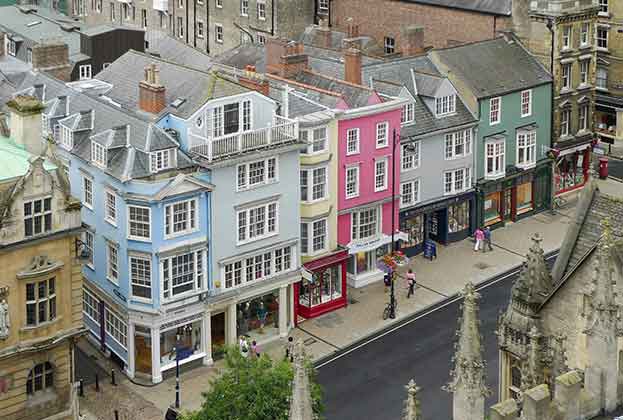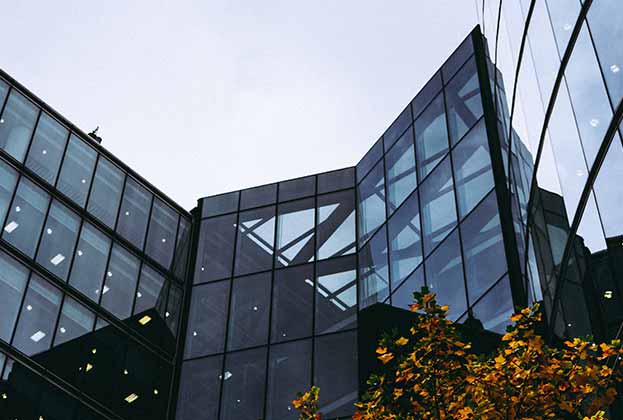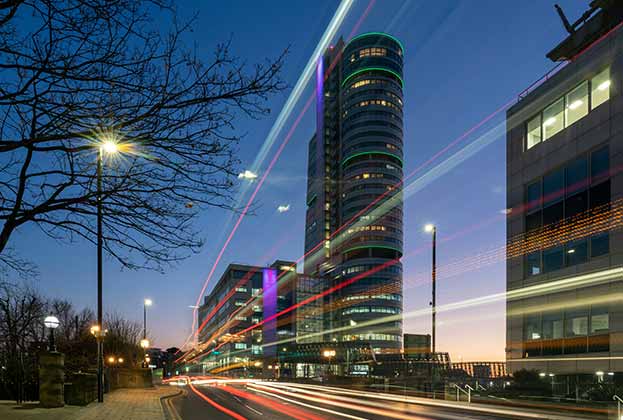Covid-19 has undoubtedly made us more aware of the environment we live and work in, particularly the quality of the air we breathe, and, as conversations around the future of the workplace continue, it is unsurprising that the sustainability credentials of offices are becoming increasingly pertinent.
Even before the pandemic struck, sustainability was rising up the agendas of developers with occupiers demonstrating that they’ll only pay premium rents for buildings with notable environmental certifications. Taking Manchester as an example, our research shows that more than 76 per cent of offices let above £30 per sq ft had a BREEAM rating of at least ‘Very Good’, rising to 100 per cent of buildings let above £35 per sq ft.
Landmark, a Grade A scheme in Manchester’s premier business district, is let at the city’s current top rent of £36.50 and boasts a BREEAM rating of ‘Excellent’ and an EPC rating of A. In addition to this, the building includes many sustainable features such as electric car charging points and solar panels, and was constructed using sustainably sourced timber.
But it’s not just in Manchester where we’re seeing premium rents being charged for the most sustainable offices – this trend is very much reflected nationwide.
Aurora in Bristol, which quotes the city’s top rent of £37.50, has achieved a BREEAM ‘Outstanding’ certification and its features includes the likes of intelligent LED lighting that automatically respond to daylight and the movement of people in the building.
North of the border, 177 Bothwell Street in Glasgow is currently under construction with the façade predominantly being made from recyclable glass and aluminium, boosting thermal and environmental performance and enhancing natural daylight in the office. The quoting rent at the scheme is £32.50, again the top rent for the city.
However, while occupiers may be paying a premium for office space with high environmental credentials, they are likely to make a cost saving when it comes to service charges. In Birmingham, 103 Colmore Row will be the first building in the city’s CBD to connect to the fourth district energy system meaning there is no need for fossil-fuelled boilers or heating in the building, therefore lowering energy costs, reducing emissions, and improving local air quality. This is then reflected in the building’s service charge being 12 per cent lower than average. Once built, service charges are forecast to be £5.70 per sq ft (annually indexed) compared to £6.50 per sq ft on traditional buildings. Occupiers will also save money on repairs in the long run, as the district energy system means there’s no need to maintain plant and machinery within the building.
Encouraging workers back to the office when the pandemic begins to ease will require office occupiers to offer a safer and more desirable workplace than pre-Covid. Buildings demonstrating the most sustainable credentials will attract the investors and the occupiers they need to benefit from the ongoing flight to environmental quality.
Read 'Making Manchester a zero-carbon city by 2038 or before' here
.jpg)
-impact-the-office-sector(1).jpg)

.jpg)






